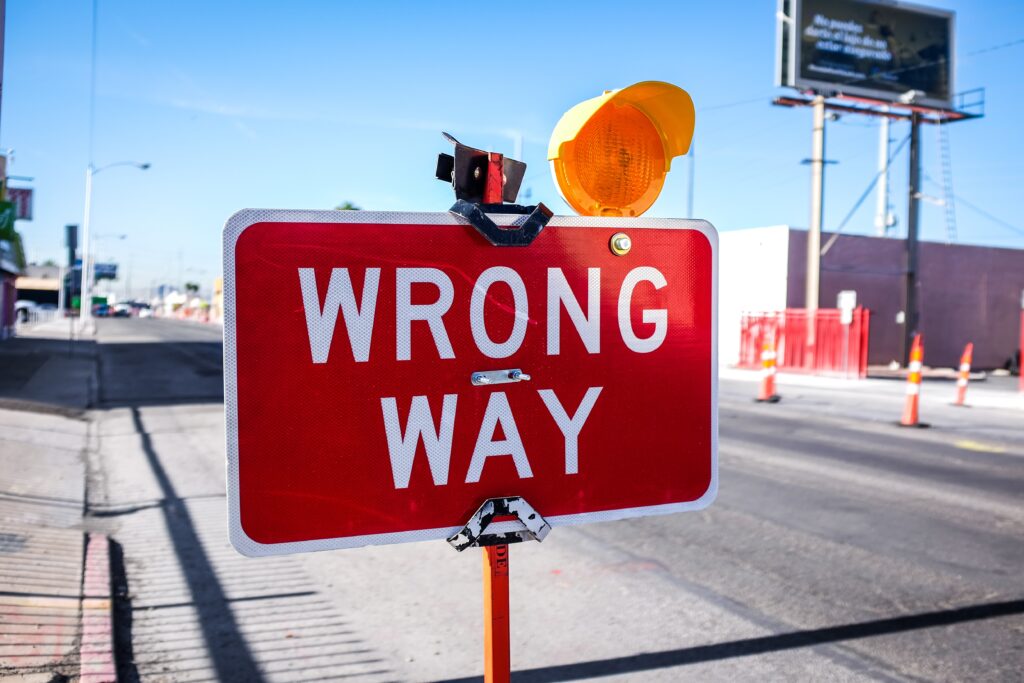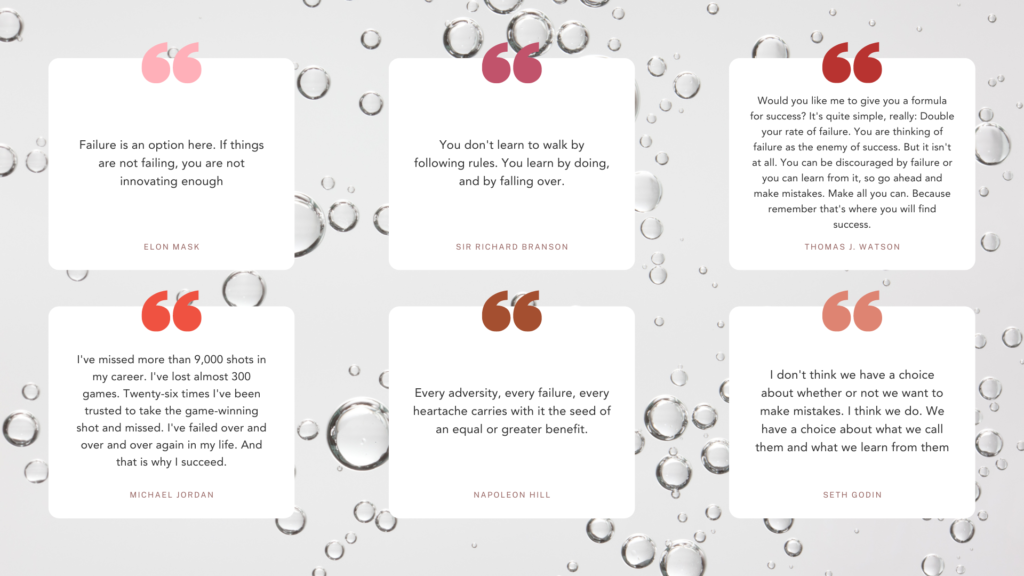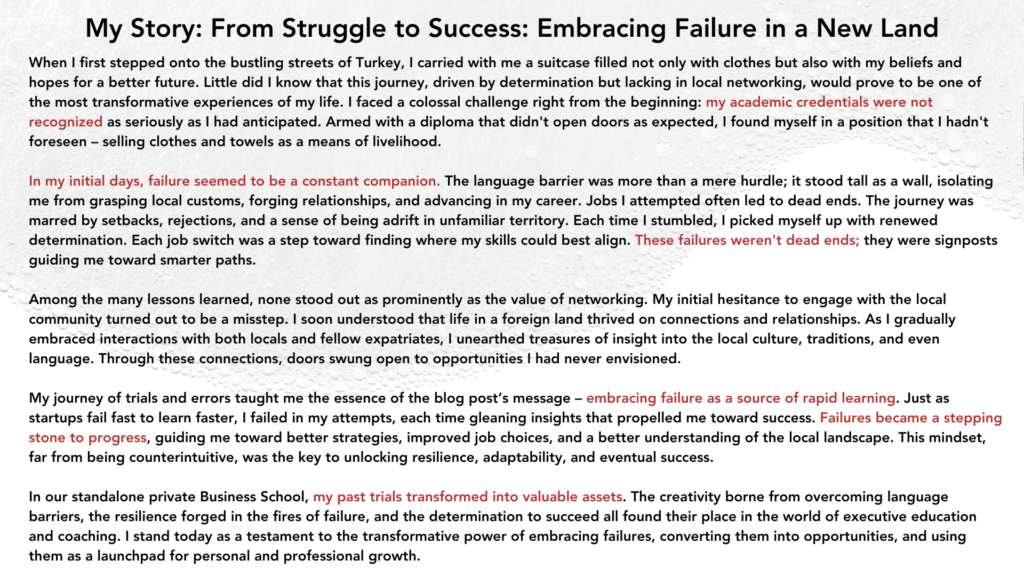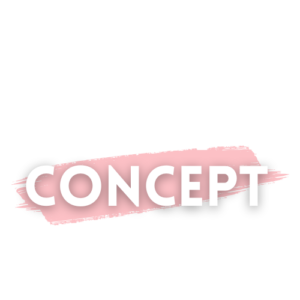
Benefits of Failing Forward: How Setbacks Propel Success
Photo by Kenny Eliason on Unsplash
The startup landscape is a dynamic arena characterized by intense competition, and rapid innovation. Imagine a space where cool ideas run into real-life problems, and the people behind these ideas have to figure things out super quickly. They’re exploring new territories and dealing with time and money limitations at the same time. It’s a real adventure!
In school, we learn that mistakes are bad, and we are punished for making them. Yet, if you look at the way humans are designed to learn, we learn by making mistakes. We learn to walk by falling down. If we never fell down, we would never walk.
Robert Kiyosaki
Embracing failure as an inevitable part of the startup journey is a crucial mindset shift. It’s like realizing that when things don’t work out, it’s not the end of the road – it’s more like a stepping stone. Failures give us really useful lessons, helping us make things better over time, make smarter choices, and find creative solutions to problems. Every time we fail, we’re actually learning something that gets us closer to our goals.
It might sound a bit strange, but failing can be good for startups. They help us make our plans better, improve the things we’re creating, and become stronger when we face challenges. This blog is going to show how failures can lead to new ideas, help us learn, and give startups more strength to succeed.

The Valuable Lessons Hidden in Failures
A growth mindset emerges when failures are viewed as opportunities for learning and advancement. It encourages entrepreneurs to perceive challenges as chances to expand their skills, knowledge, and perspectives, driving personal and professional development.
Failures show us what doesn’t work. It’s like a light showing us a path. When we see what went wrong, we can avoid doing the same things in the future. This helps startups not waste time and resources on things that won’t work, guiding them towards better strategies that actually help.
Failing forward and errors build resilience and adaptability. It’s like learning how to bounce back and change your approach. This skill is super important for startups because they can use it to do well even when things around them are always changing. So, facing failures makes startups better at handling whatever comes their way.
Fail Fast, Learn Faster
Failing forward is the embodiment of the ‘work smarter, not harder‘ philosophy, where each setback becomes a strategic opportunity for learning and improvement.” In the fast-moving world of startups, time is really valuable, and being able to change quickly is super important for success. This is where the idea of “Fail Fast, Learn Faster” comes in. Coined by renowned entrepreneur Eric Ries, this principle isn’t an endorsement of failure, but rather a strategic approach rooted in rapid experimentation. Startups willingly try lots of smaller experiments, even though they know not everything will work. This concept involves swiftly testing hypotheses, products, or strategies in the real world to gather tangible data. As Arnold H. Glasow aptly put it, “Success is not the result of spontaneous combustion. You must set yourself on fire.”
Drawing inspiration from the Lean Startup methodology, startups like Airbnb and Dropbox have demonstrated how embracing rapid experimentation can be a game-changer. For instance, Airbnb started by renting air mattresses, but by learning fast from feedback, they changed their idea to the successful home-sharing model. More on Airbnb here.
Research and thought leaders like Steve Blank have also talked about this idea, showing how quickly trying new things can help startups a lot. Blank’s article “Fail Fast, Learn Faster: The Lean Startup Method” emphasizes how startups benefit from experimenting quickly and adjusting their strategies based on real-world insights. Embracing a growth mindset, startups understand that failures aren’t setbacks; they’re stepping stones toward progress. These failures illuminate the path by revealing what doesn’t work, providing startups with invaluable insights.
This treasure trove of information guides startups away from unproductive strategies, saving both time and resources. As Eric Ries himself says, “Fail fast, learn faster.”
Furthermore, failures cultivate resilience and adaptability, essential traits in a landscape where navigating setbacks is crucial for survival. This way of thinking helps startups to quickly recover from setbacks, change their plans when needed, and handle tough times even when things are always changing around them7. By trying out new things quickly, startups not only learn faster but also create an atmosphere where coming up with fresh ideas and growing is the norm2. This approach aligns perfectly with Eric Ries’s: “The Lean Startup isn’t just about how to create a more successful entrepreneurial business; it’s about what we can learn from those businesses to improve virtually everything we do.”
Embracing Failure as a Source of Rapid Learning
Embracing failure might seem counterintuitive, but in this context, it’s about embracing the valuable learning opportunities that stem from unsuccessful experiments. When startups approach their endeavors with a growth mindset, failures cease to be setbacks and instead become essential steps toward progress. Each failure offers insights into what went wrong, shedding light on areas for improvement that might have gone unnoticed without real-world testing. This reframing of failure as a stepping stone accelerates the learning curve.
Embracing failure might seem counterintuitive, but in this context, it’s about welcoming the valuable learning opportunities that come from experiments that didn’t go as planned. When startups approach their endeavors with a growth mindset, failures stop being roadblocks and start becoming essential steps towards progress. As Carol S. Dweck explores in her book “Mindset: The New Psychology of Success,” this growth mindset is a powerful tool that influences how we learn and achieve. Each failure becomes a source of insights, shining a light on areas for improvement that might have remained hidden without real-world testing.
I have not failed. I've just found 10,000 ways that won't work.
Thomas A. Edison
Thomas A. Edison’s famous words resonate with this perspective. Instead of seeing failures as dead ends, startups learn to view them as signposts pointing toward smarter paths.
When startups look at failure as a step towards something better, they speed up the process of learning, the learning curve. This concept isn’t just a catchy phrase; it’s a mindset that propels startups forward. It’s a mindset that figures prominently in the strategies of industry giants like Bill Gates, as showcased in the documentary “Inside Bill’s Brain: Decoding Bill Gates”. When failures become part of the journey, startups cultivate resilience and determination.
In the realm of startups, where innovation thrives, the wisdom of Henry Ford’s quote rings true:
Failure is the opportunity to begin again more intelligently.
Henry Ford
And here is my story about a journey through trials and errors echoed in this blog post. Read on to see how my failures turn out to be not roadblocks, but rather crucial steps toward my progress.

Summing Up
Let’s sum up everything we learned about failing forward: failing fast is an opportunity to gather insights from real-world experiences, adjusting and optimizing strategies based on those insights. This iterative process, driven by failing forward, is the currency of innovation. So, when startups embrace failure, they’re joining a group of smart people who have used their mistakes to do amazing things.
Getting useful insights from failing forward is like having a secret stash of ideas for making things better. Startups can’t always know for sure how people will react or what they’ll like. But by paying attention to what didn’t work, they get a clearer idea of what might actually hit the chart. This is where the idea of “Fail Fast, Learn Faster” comes into play. It’s not just a cool saying – it’s a way of thinking that helps startups move forward.
When startups try things out and it doesn’t go well, they’re actually gathering information they can use. They take what they’ve learned from the things that didn’t work and use it to make their plans, products, or services better. It’s like a cycle of trying, learning, and improving. This flexible way of doing things let’s startups change direction quickly based on real information, instead of just guessing.
“Fail Fast, Learn Faster” isn’t just a catchy phrase; it’s a way of thinking that pushes startups ahead. By creating an environment where trying new things and learning from mistakes is encouraged, startups set themselves up to come up with new ideas and change faster than ever before. When failures stop being big problems and start being chances to learn, startups build up their strength to do well in the tough world of startups.
